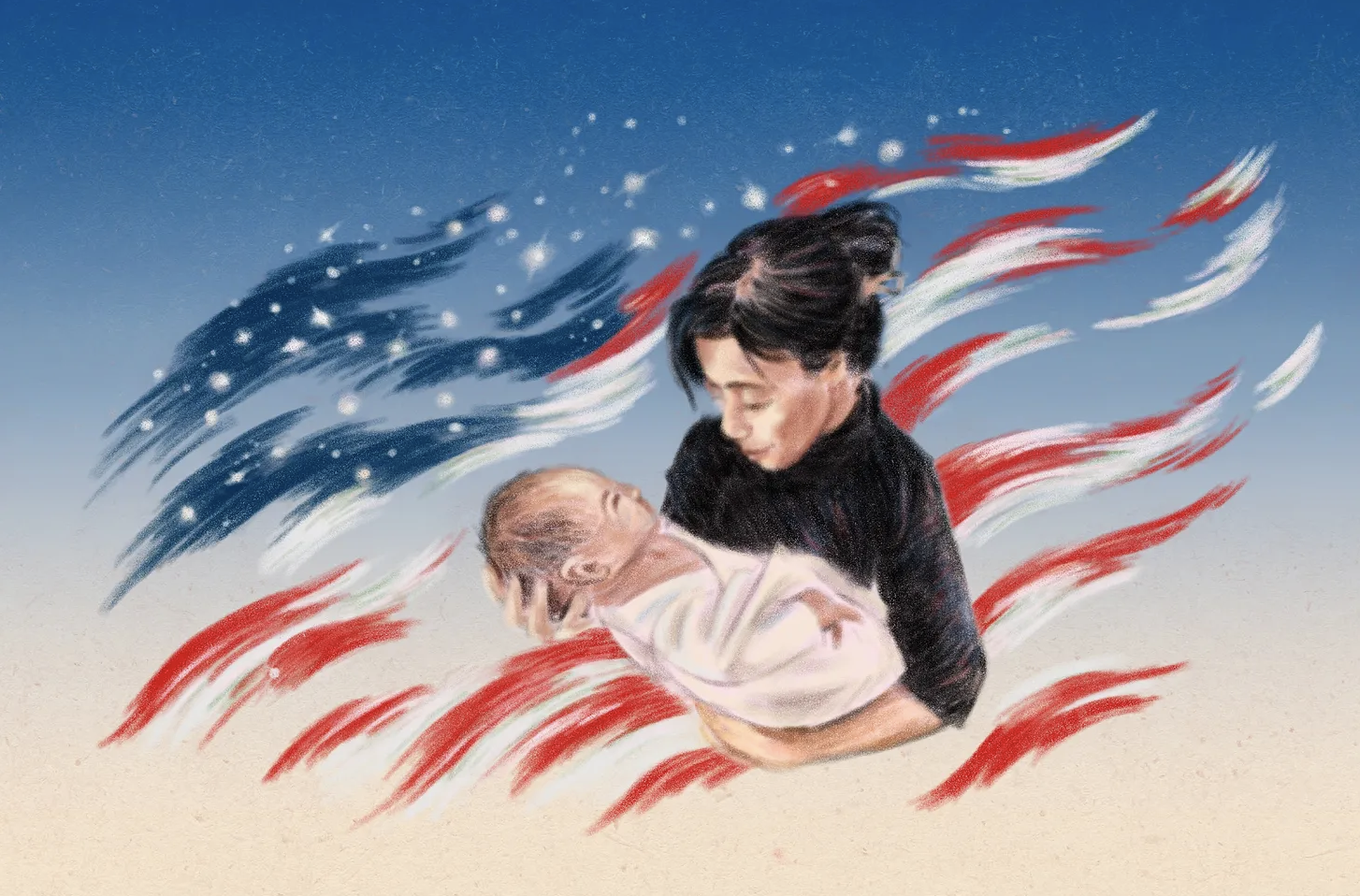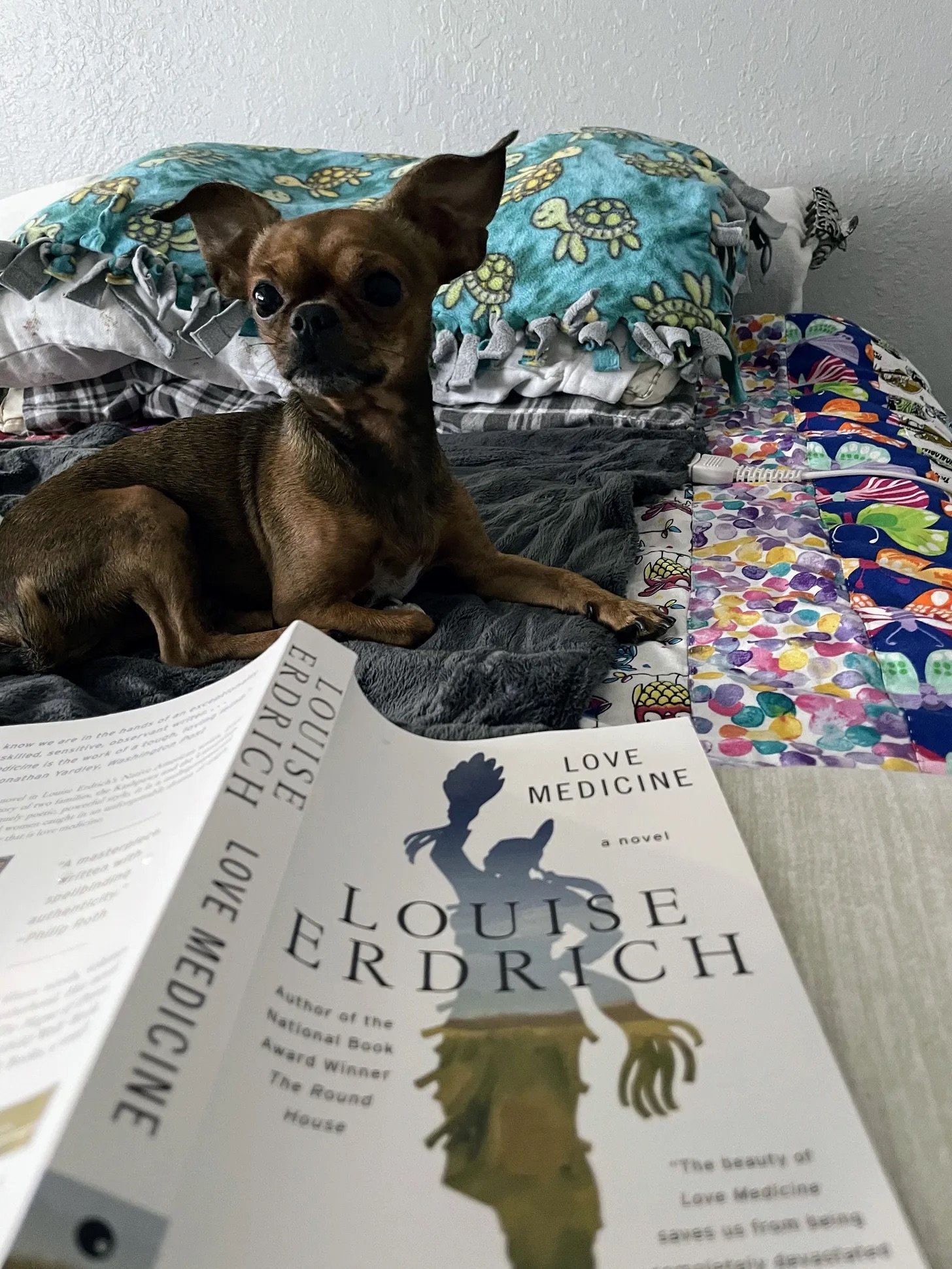There’s still time to join our discussion on Sunday, April 30
Dear Loyal Readers,
I’m happy you’re here. This month at Article Club, we’ve been focusing on “The Sunset,” by Lisa Bubert. If you haven’t read the article yet, I highly encourage you to do so. In the essay, Ms. Bubert discusses her experience working in a nursing home when she was a college student. It’s poignant and outstanding.
Also: I hope you’ll join us to discuss the article on Sunday, April 30, 2:00 - 3:30 pm PT on Zoom. There’s still time to sign up. Article Clubbers are kind and thoughtful and welcoming. Our conversations are always in small, intimate, facilitated groups. Plus there’s a bonus: Ms. Bubert will be joining us!
I’m excited to share that I had the opportunity to interview Ms. Bubert a couple days ago about her brilliant essay. We talked about a number of topics, including:
how we love our grandparents in our society but not our elderly
how we don’t care about the people who care for the elderly (i.e., Black women)
how death is the most vulnerable act
how “there is no act of love greater than to sit with someone as they face their deepest moment of vulnerability”
how the elderly deserve our dignity, and how “dignity requires witness”
I hope you take a listen and share your thoughts in the comments.
Thank you for listening to the interview. Hope you liked it. 😀
To our 8 new subscribers – including Pamela, Jessica, John, Abbie, Madison, Bianca, and Albert – I hope you find the newsletter a solid addition to your email inbox. To our long-time subscribers (Dave! Danny! Derek!), you’re pretty great. Loyal reader Nancy, thank you for sharing the newsletter and getting the word out.
If you like The Highlighter Article Club, please help it grow. I really appreciate your support. Here are two ways you can help out:
❤️ Become a paid subscriber, like Venus and Yolanda (thank you!). You’ll join an esteemed group of readers who value the mission of The Highlighter Article Club. Plus you’ll receive surprise perks and prizes.
📬 Invite your friends. Know someone who’s kind, thoughtful, and loves to read? Share with them today’s issue and urge them to subscribe. Word of mouth is by far the best way to strengthen our reading community. Thank you very much for spreading the word.
On the other hand, if you no longer want to receive this newsletter, please feel free to unsubscribe. See you next Thursday at 9:10 am PT!















